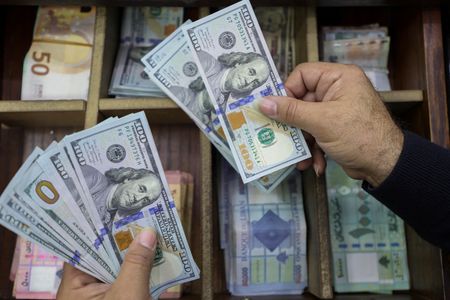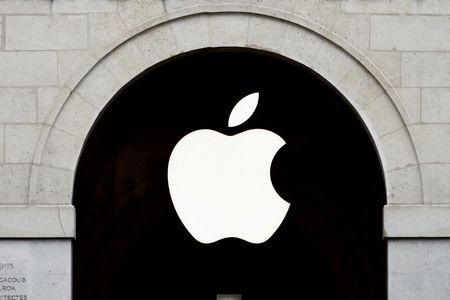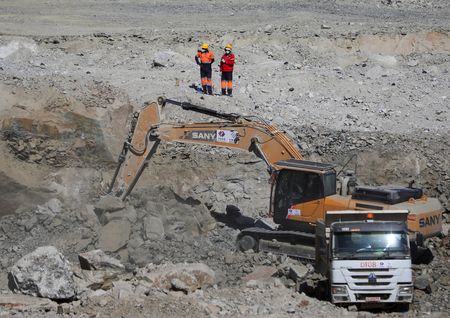By Stefano Rebaudo
(Reuters) -The dollar took a dive on Monday after U.S. President-elect Donald Trump was quoted as saying he will not impose trade tariffs straight after his inauguration, which is set to take place later in the session.
Trump will issue a broad trade memo on Monday that stops short of imposing new tariffs on his first day in office, the Wall Street Journal reported on Monday. An official for the incoming administration confirmed the report. Market participants had been expecting Trump to announce trade tariffs via executive orders. Such a move would have increased expectations for a large-scale campaign, rising inflation and higher-for-longer Federal Reserve policy rates.
“Markets seem to be taking comfort from a headline suggesting that day-one Trump tariffs are off the table. That said, we think this confidence might be a little misplaced. Broad based day-one tariffs were always unlikely, but more targeted import levies shortly after inauguration day are another question,” Monex Europe head of macro research Nick Rees said.” The dollar index, which measures the U.S. currency against six others, fell by as much as 1.3% and was last down 1% at 108.23. It hit a 26-month high last week of 110.17.
Trading volume was lighter than usual due to U.S. markets being closed for the Martin Luther King Jr. Day holiday. Since the November presidential election, the greenback has risen 4% as traders anticipate Trump’s policies will boost growth and inflation.
Investors’ attention was firmly fixed on the policies Trump will enact on his first day in office. At a rally on Sunday, Trump said he would impose severe limits on immigration.
Some analysts were expecting Trump to invoke the International Emergency Economic Powers Act (IEEPA).
IEEPA is a federal law in the U.S. that grants the president the authority to regulate economic transactions in response to unusual and extraordinary threats.
Along with tariffs, immigration and tax cuts will be the main issues under market scrutiny.
On the fiscal front, “we will be watching to see if President Trump mentions fiscal stimulus,” said Ajay Rajadhyaksha, research analyst at Barclays.
The euro rose 1.3% to $1.04. It hit a two-year low of $1.0177 last week.
Meanwhile softer U.S. inflation data and the prospect of multiple Federal Reserve rate cuts have recently boosted risk assets, including bitcoin, which hit a record high on Monday at $109,071.86 and was last up 4.2% at $107,120.
Trump has promised to be a “crypto president”, and is expected to issue executive orders aimed at promoting widespread adoption of digital assets.
Trump’s new cryptocurrency launched on Friday – known as $TRUMP – soared to nearly $12 billion in market value, drawing billions in trading volume by Monday. First Lady Melania Trump’s rival token launched on Sunday hit a market cap of $1.9 billion.
Meanwhile, the Chinese yuan strengthened by 1% on the day to trade at 7.267, its highest since mid-December.
It has outperformed most of its peers since the U.S. elections despite expectations for strong U.S. tariffs, as the People’s Bank of China has continued efforts to maintain currency stability.
Japan’s yen also held firm, leaving the dollar down 0.4% at 155.61 ahead of the Bank of Japan’s policy meeting this week at which it is widely expected to raise interest rates.
(Reporting by Stefano Rebaudo and Amanda Cooper; Editing by Christopher Cushing, Shri Navaratnam, Sherry Jacob-Phillips, Alex Richardson, Ed Osmond, Jan Harvey and Christina Fincher)










